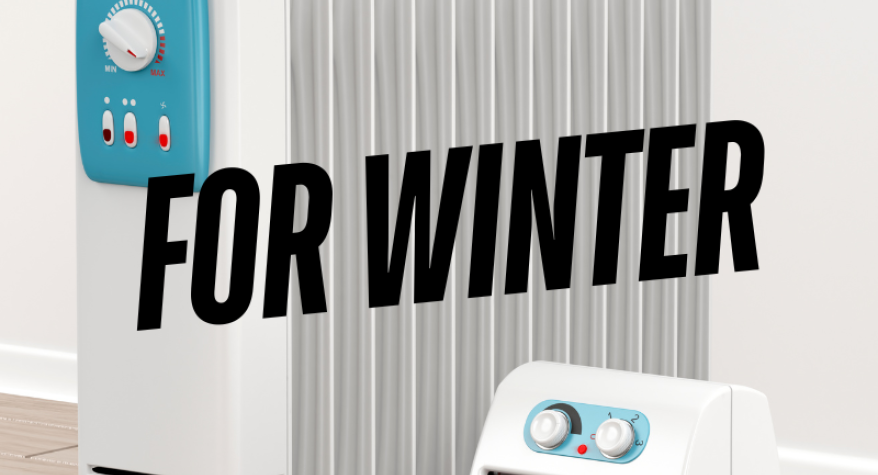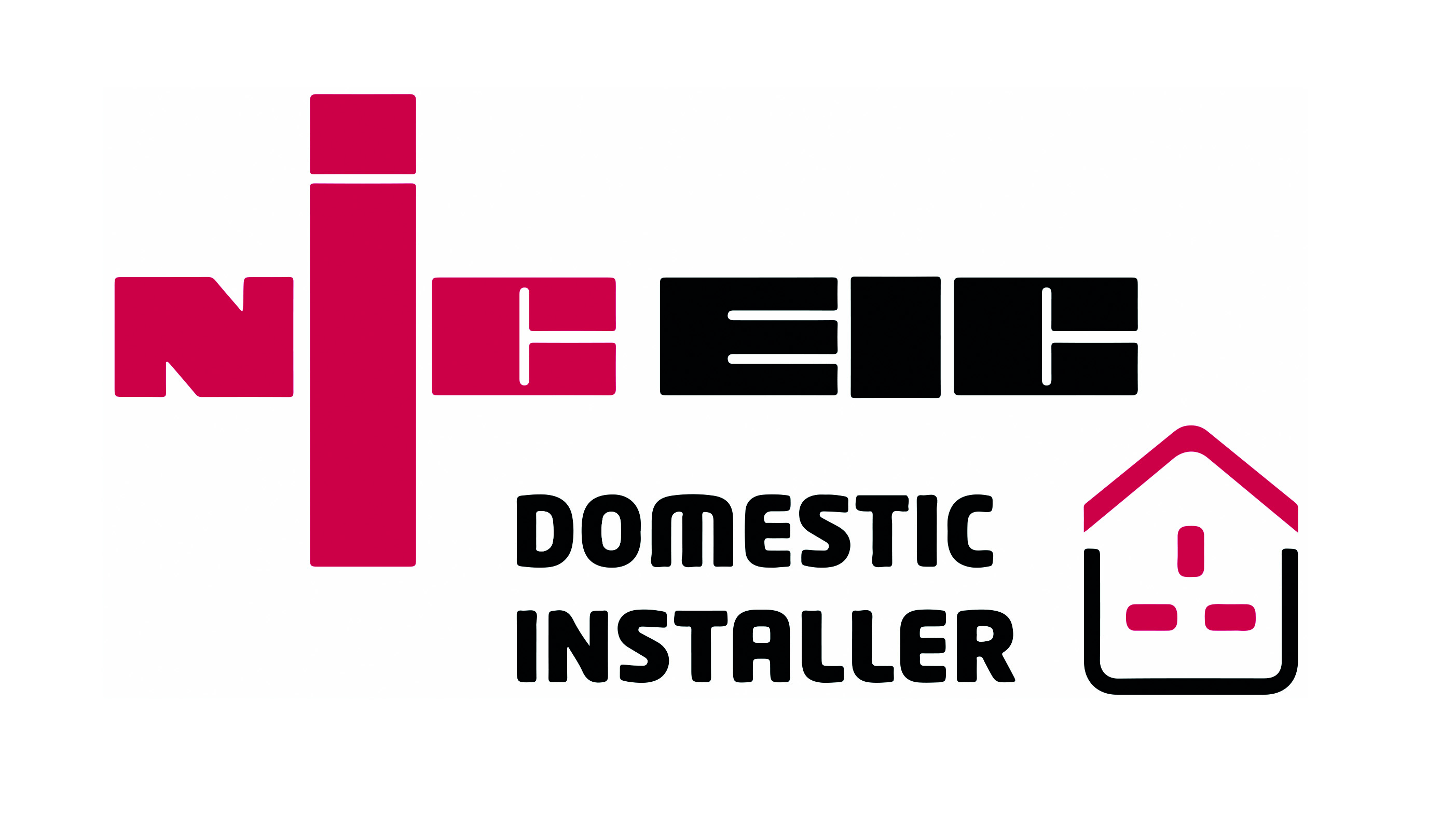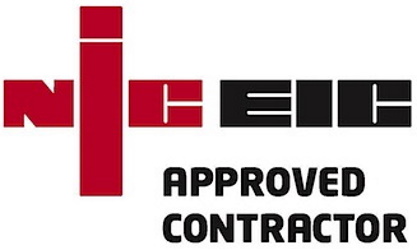As the colder months approach, it's important to make sure your home’s electrical system is ready for the increased load from heaters, lighting, and other winter essentials.
How to Prepare Your Home for Winter: Electrical Safety Tips
Ensuring your electrical systems are in top shape keeps your home warm and reduces the risk of electrical hazards. This post will help guide you through practical steps to prepare your home’s electrical setup for the winter season, focusing on safety and efficiency.
1. Inspect Your fuse box
Your home’s fuse box is designed to protect your electrical system from overloading or short circuits. Before winter, take time to inspect your fuse box. Check for any signs of wear, corrosion, or overheating and make sure they’re functioning properly. If your home experiences frequent trips during winter due to the use of multiple heaters and appliances, this might be a sign your system is overloaded. In such cases, it’s best to call a qualified and registered electrician to assess the issue.
Tip: A professional electrician can upgrade your fuse box to handle the extra load during winter, ensuring your home stays powered safely without any interruptions.
2. Service Your Heating Systems
Electric heaters, fan heaters, and electric fires can put additional strain on your electrical installation during winter. If you use electric heating in your home, ensure that these systems are serviced and in good working order. This includes cleaning dust from fan heaters, checking for damaged cords, and verifying that the unit operates efficiently.
When using fan heaters, follow these safety tips:
- Keep heaters at least 3 feet away from flammable items like curtains and furniture.
- Never leave a fan heater running unattended.
- Plug fan heaters directly into wall outlets rather than using extension cords or power strips, which can overheat and cause a fire.
3. Upgrade to Energy-Efficient Lighting
Winter means shorter days and longer nights, which leads to increased use of indoor and outdoor lighting. Now is the perfect time to upgrade your home’s lighting to energy-efficient LED light fittings. LEDs use significantly less power than traditional incandescent bulbs and last much longer, reducing your energy bills and the frequency of replacements.
Additionally, consider installing motion sensor lights for your outdoor spaces, which are especially useful in winter for pathways, porches, and driveways. These lights activate when needed, improving security while saving energy.
4. Inspect Electrical sockets and cables
Frayed or damaged electrical extension cables are a fire hazard, especially when running fan heaters or Christmas lights. Inspect all extension cables around your home and replace any that are worn out or show signs of damage. If you frequently use outdoor lighting or outdoor power sources, ensure that the sockets are weatherproofed to prevent water and snow from damaging them.
Consider upgrading to RCBO circuit breakers which are located inside the fuse box in your property, ideally protecting your electrical circuits that are outdoor and potentially wet areas, such as the kitchen and bathroom. RCBOs can prevent electrical shock and fires by shutting off power when they detect a fault.
5. Review Your Electrical Fuse Box Capacity
Older homes may have electrical fuse boxes that are not equipped to handle the high electricity demands of modern households, especially during the winter months. If you experience flickering lights, tripped circuit breakers, or frequent outages, it could be a sign that your home’s electrical fuse box needs upgrading.
A qualified electrician can assess whether your current fuse box is sufficient for your home’s needs or if it requires upgrading to a higher capacity. This upgrade can make your home safer and more efficient, especially during the winter when electrical usage peaks.
In Conclusion, preparing your home’s electrical system for winter can protect your family from potential hazards and keep your home running smoothly during the colder months. Regular inspections, timely upgrades, and energy-efficient changes will ensure that your home is both safe and warm throughout the winter.
If you’re uncertain about any part of your home’s electrical setup or need assistance, it’s always a good idea to contact a registered and qualified electrician to perform a thorough inspection and make the necessary adjustments.
If you need help getting your home’s electrical system winter-ready? Contact our team of registered electricians today for a professional assessment and upgrades to keep your home safe and efficient during the colder months.





